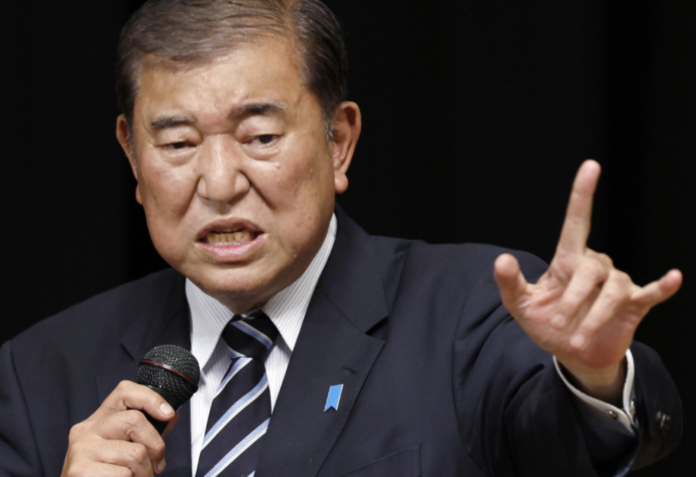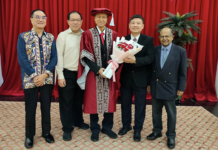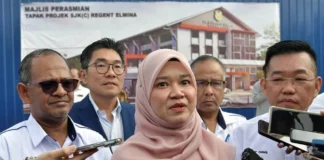TOKYO, Oct 26 – Japan’s Prime Minister Shigeru Ishiba may find it challenging to form a government if the ruling coalition loses its majority in Sunday’s general election, with speculation already emerging that he might need to find a new political partner, Kyodo news agency reported.
Analysts say Ishiba has three options for survival — persuading an opposition force to join the government, making policy-by-policy agreements with another party outside the Cabinet and recognizing lawmakers who were elected independently.
If none of the possibilities materialize, Ishiba’s standing within the Liberal Democratic Party is likely to weaken, leaving him vulnerable to efforts by party members to oust him from power, as he is bound to face obstacles in advancing his policies.
Expectations are growing that Ishiba might become the shortest-serving prime minister in Japan’s postwar history. The current record-holder is Naruhiko Higashikuni, who held the position for just 54 days in 1945 after World War II ended.
The House of Representatives election is scheduled to take place only 26 days after Ishiba, elected LDP president late last month, became prime minister on Oct. 1, marking the fastest call for a general vote in postwar Japan.
Ishiba has set a goal of retaining at least 233 seats for the coalition, enough to ensure a majority in the 465-member lower house he dissolved on Oct. 9. Before the election, the LDP alone held 256 seats, giving it control over the more powerful chamber.
Koya Miyamae, a senior economist at SMBC Nikko Securities Inc., said it is “possible” that Ishiba could “resign immediately to take responsibility” for the election should he fail to secure a “coalition majority.”
In the most likely case, however, Ishiba would start negotiations with opposition leaders to gain support shortly after the election, if the current ruling bloc loses its majority in the lower house for the first time since 2009.
On Sunday, LDP Secretary General Hiroshi Moriyama, the party’s No. 2 figure, said, “Whether we lose the majority or not, we should engage in positive discussions with political parties that share the same policies to develop the country.”
But the outlook of the situation is gloomy as leaders of major opposition parties have expressed reluctance to cooperate with the LDP, citing their joint submission of a no-confidence motion against Ishiba’s Cabinet to parliament earlier this month.
















